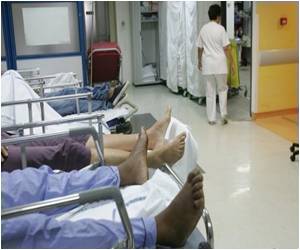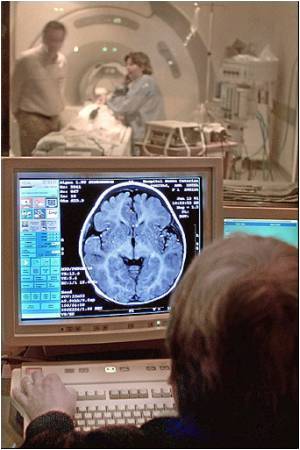
The report is one of the first of its kind to look at hospital spending, utilization, prices, and out-of-pocket payments for mental health and substance use admissions for those younger than age 65 with employer-sponsored health insurance. Between 2007 and 2011, spending on hospital admissions for mental health and substance use grew faster than spending on medical/surgical admissions. In 2011, spending on mental health and substance use admissions was driven by an uptick in utilization.
The Parity Act enhanced the 1996 Mental Health Parity Act by extending parity to substance use treatment. Under the Parity Act, large group health plans were required to make behavioral health coverage rules similar to medical/surgical benefit rules. Large group plans were also required to make copays, deductibles, coinsurance, and out-of-pocket maximums for behavioral health care equivalent with the most common medical/surgical treatments.
Substance Use Admissions Surge In one of the first analyses of the law's impact, HCCI found substance use admissions grew by 19.5 percent in 2011 for people younger than age 65 and covered by employer sponsored health insurance. By comparison, between 2010 and 2011, mental health admissions grew by 5.9 percent and medical/surgical admissions declined by 2.3 percent for this population.
"There's extraordinary growth in hospital substance use admissions by people with private health insurance since 2009," said HCCI Board Chairman Martin Gaynor, E.J. Barone Professor of Economics and Health Policy at Carnegie Mellon University. "What is driving these increases is unclear."
Out-of-Pocket Spending After Parity Law In 2011, out-of-pocket payments for mental health admissions more closely aligned with payments for medical/surgical admissions. However, the amount spent out-of-pocket on substance use admissions remained higher than payments for medical/surgical admissions. Out-of-pocket payments for substance use hospital admissions grew at twice the rate of out-of-pocket payments for mental health or medical/surgical admissions between 2010 and 2011.
Advertisement
Jump in Spending Accompanies Higher Use Per person spending on mental health inpatient admissions grew by 11.7 percent to $21.33 in 2011. Substance use admission spending per person rose 28.9 percent to $10.06 in 2011. In contrast, per capita hospital spending for medical/surgical admissions grew 4.3 percent to $769.16 in 2011. Although relatively small amounts are spent per person on mental health and substance use admissions, the share of total hospital spending on these conditions grew between 2007 and 2011. Mental health spending as a share of total hospital spending grew from 1.8 percent in 2009 to 2.2 percent in 2011; substance use spending as a share of hospital spending rose from 0.7 percent in 2009 to 1.0 percent in 2011.
Advertisement
Findings Based on Unprecedented Dataset The report "The Impact of the Mental Health Parity and Addiction Equity Act on Inpatient Admissions" reflects the national health care spending of more than 40 million people younger than 65 and covered by employer-sponsored insurance between 2007 and 2011. The report is focused on hospital care and looks at facility fees; it does not include payments to medical personnel. The data were contributed by a set of large health insurers who collectively represent almost 40 percent of the US private health insurance market.
Source-Eurekalert









